Advertisement
It’s important to look out for early signs
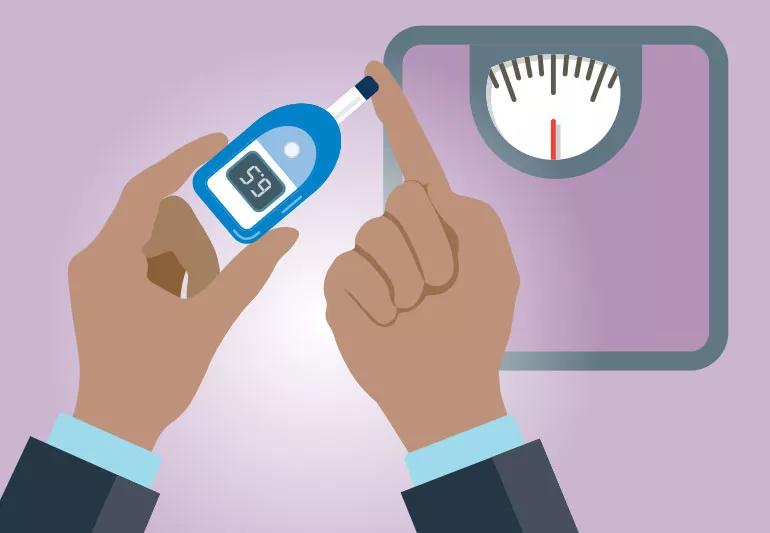
In many cases, we can afford to gain or lose a pound or two. It’s normal to indulge a little too much (especially around the holidays) and then work to get in some extra exercise time in our schedules. It’s also normal to lose a couple of pounds when battling an illness; once we feel better, we can start eating normally again and regain the weight.
Advertisement
Cleveland Clinic is a non-profit academic medical center. Advertising on our site helps support our mission. We do not endorse non-Cleveland Clinic products or services. Policy
One aspect of weight that’s not normal, however, is if you’re experiencing a major drop in pounds without any major diet or exercise changes. If this severe and unexpected weight loss is taking place, talk to your healthcare provider immediately.
While weight loss of just a pound or two isn’t a reason for concern, unexplained weight loss of 10 pounds or more may mean something is wrong and that your body is trying to tell you something. Ultimately, this dramatic weight loss could be an early sign of diabetes.
“This weight loss can occur relatively quickly — over a few weeks to a couple of months,” says registered nurse Sue Cotey, RN, CDCES.
Read on to find out why diabetes causes weight loss and what to do.
Insulin is a hormone that allows your body to use glucose (sugar) for energy.
If you have Type 2 diabetes, your body doesn’t use insulin effectively and can’t transport the glucose to your cells. Instead, it builds up in your blood.
“When the glucose doesn’t arrive in your cells, your body thinks it’s starving and finds a way to compensate. It creates energy by burning fat and muscle at a rapid pace. This causes unexplained weight loss,” explains Cotey.
Your kidneys also begin working overtime to eliminate the excess sugars in your blood. This uses additional energy and can cause damage to your kidneys.
Type 1 diabetes has a similar pattern, but instead of being unable to use insulin, your body stops producing it altogether.
Unexplained weight loss can occur in people who have Type 2 diabetes, but it’s more commonly found in people with Type 1. Parents are often the first to notice unusual weight loss in a child with Type 1 diabetes.
Weight loss from diabetes is not usually a standalone symptom. It’s typically accompanied by other signs, including:
If you’re experiencing weight loss and are uncertain about how to gain the weight back, consult with your physician. You don’t want to start eating unhealthy fats just to put the pounds back on, as that can lead to a worsened case of diabetes.
Instead, your doctor may suggest supplemental insulin treatments or other medications to make sure your blood sugar normalizes.
“It’s important to remember that unexplained weight loss isn’t normal,” says Cotey.
It’s not only a sign of diabetes, but may also point to other issues such as cancer or gastrointestinal tract, metabolism or thyroid issues. If you’re dropping weight and don’t know why, see your healthcare provider as soon as possible.
Advertisement
Learn more about our editorial process.
Advertisement

There are better breakfast options, but if it’s got to be cereal, look for whole grains, high fiber and no added sugar
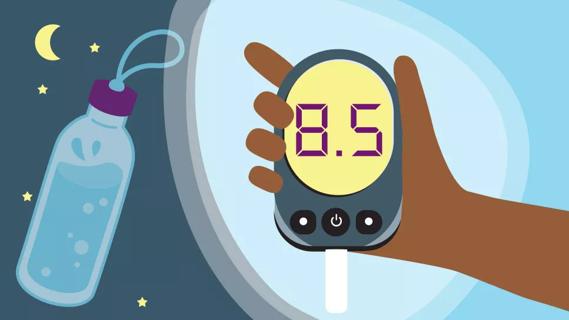
Planning ahead, checking in with your care team and being vigilant about blood sugar monitoring can help ensure a safe fast
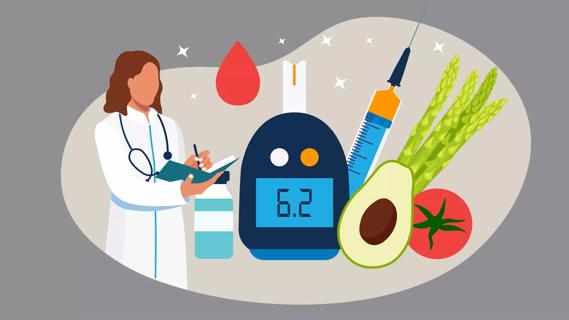
A diabetes diagnosis, new or long-standing, can trigger reactions like grief, stress, depression and frustration, but symptom relief and help are available
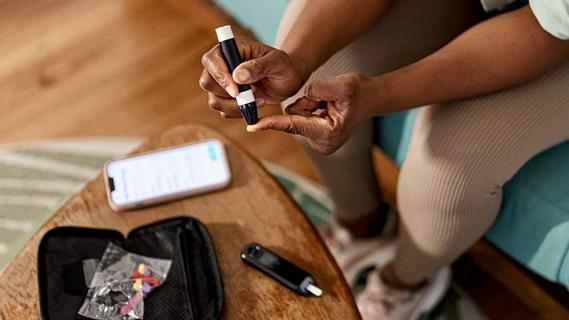
Type 1 diabetes happens when your body doesn’t make insulin, while Type 2 happens when your body can’t use insulin properly

The short answer: Yes, but you need to eat it in moderation and keep track of how much you consume

Finding the causes of weight loss is key to treatment

Taking care of yourself helps you take care of your loved one
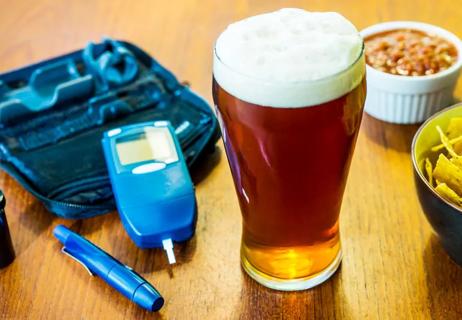
Blood glucose monitoring and drinking in moderation can help you avoid hypoglycemia

Focus on your body’s metabolic set point by eating healthy foods, making exercise a part of your routine and reducing stress

PFAS chemicals may make life easier — but they aren’t always so easy on the human body

While there’s little risk in trying this hair care treatment, there isn’t much science to back up the claims